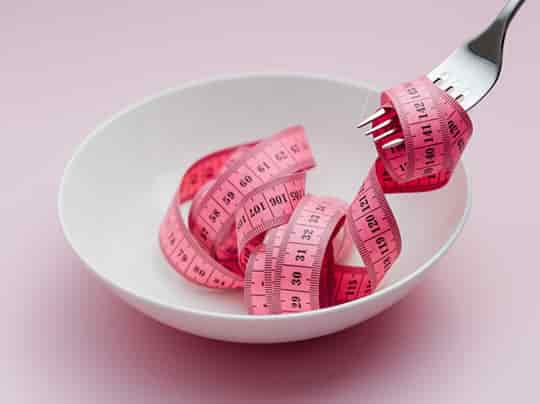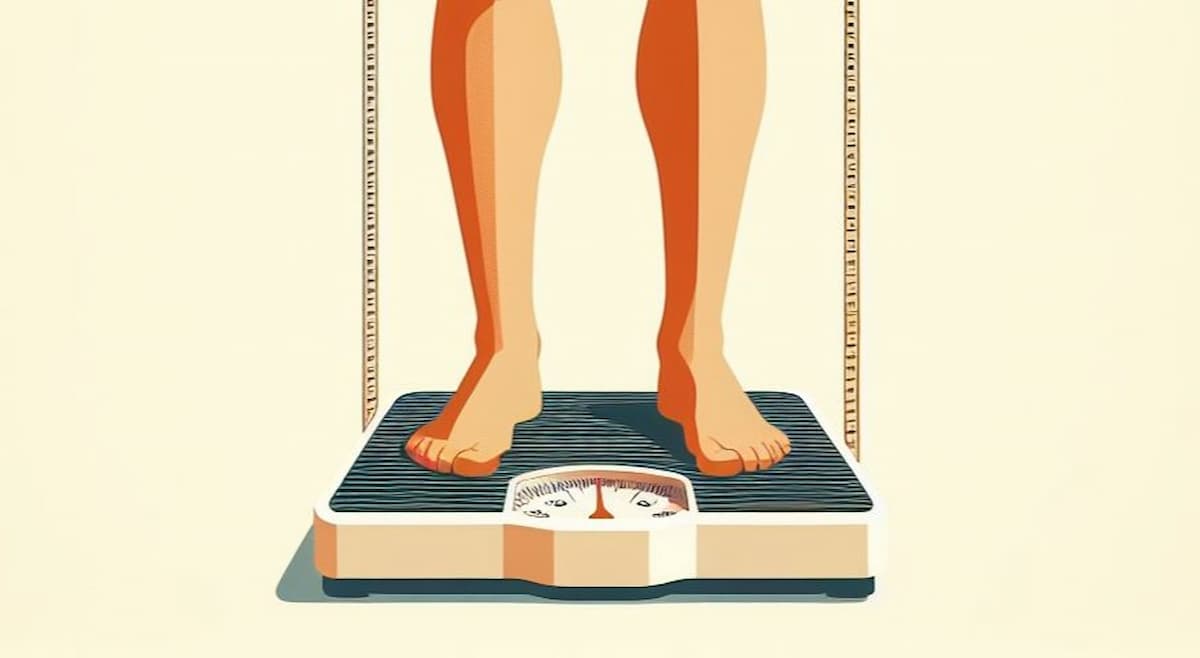This weight loss is achieved without making changes to exercise or diet.
Simply tracking food intake and weight can help to double weight loss, research finds.
People who keep a food diary, which involves noting down what they eat, and track their weight, see increased weight loss.
The more notes that people keep, the greater their weight loss.
This weight loss is achieved without making changes to exercise or diet.
However, adding these elements can increase weight loss even further.
For this particular study, people used a free app called ‘MyFitnessPal’.
Other similar apps would likely work just as well.
Professor Gary Bennett, study co-author, said:
“Free and low-cost weight loss apps have changed the ways that Americans manage their weight.
However, we knew little about whether these tools worked very well on their own.
We’ve shown that commercial smartphone apps can be a helpful way to get started with weight loss.”
There were 105 overweight people in the study, which lasted three months.
The only intervention people followed was tracking their food and drink consumption.
The results showed that those who lost the most weight, an average of 7 pounds, were those that tracked their consumption and weight most assiduously.
Ms Michele Lanpher Patel, the study’s first author, said:
“We wanted to study a lower-intensity treatment for weight loss whereby people could join from the comfort of their home.
Not everyone wants or has time for a high-intensity weight-loss treatment.”
Professor Bennett said:
“We have very strong evidence that consistent tracking — particularly of diet, but also one’s weight — is an essential element of successful weight loss.
Consumers should look for apps that make it easy for them to track on a consistent basis.”
The study was published in the journal JMIR mHealth and uHealth (Patel et al., 2019).










